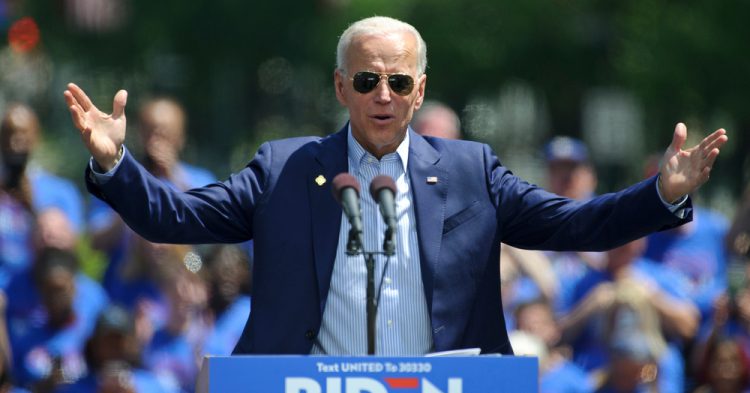In a recent radio interview with conservative host Hugh Hewitt, former President Donald Trump stirred controversy by suggesting that President Joe Biden should undergo a drug test before engaging in presidential debates later this year.
Trump’s remarks, made during the interview, raised eyebrows as he insinuated that Biden might be a cocaine user, citing observations from the State of the Union address. “I think debates, with him, at least, should be drug tested. I want a drug test,” Trump asserted, emphasizing his desire for transparency in the electoral process.
The former president’s comments were prompted by his perception of Biden’s demeanor during the State of the Union address, where he alleged that Biden appeared “jacked up” at the beginning but subsequently exhibited signs of fatigue. Trump hinted at the discovery of cocaine in the White House last July by the Secret Service, linking it to his suspicions about Biden’s behavior.
Trump’s insinuation was met with scrutiny, particularly regarding the seriousness of the allegation against Biden. When pressed about whether he was suggesting Biden’s cocaine use, Trump refrained from making a direct accusation but maintained his stance on the need for a drug test.
Critics have pointed out the lack of concrete evidence to support Trump’s claims and have raised concerns about the appropriateness of making such allegations without substantial proof. Moreover, Trump’s remarks have reignited discussions about the contentious nature of political discourse and the ethical boundaries surrounding public statements made by former presidents.
Trump’s critique of Biden’s State of the Union address extended beyond questions of drug use, with the former president characterizing it as the “worst” he had ever seen. He criticized Biden’s representation of the nation and suggested that the president appeared to be “being helped in some way” during the address.
The controversy surrounding Trump’s comments underscores the polarized political climate in the United States and highlights the challenges of conducting civil discourse in the public sphere. As the debate continues, it remains to be seen how Trump’s remarks will influence discussions surrounding the upcoming presidential debates and the broader political landscape.
